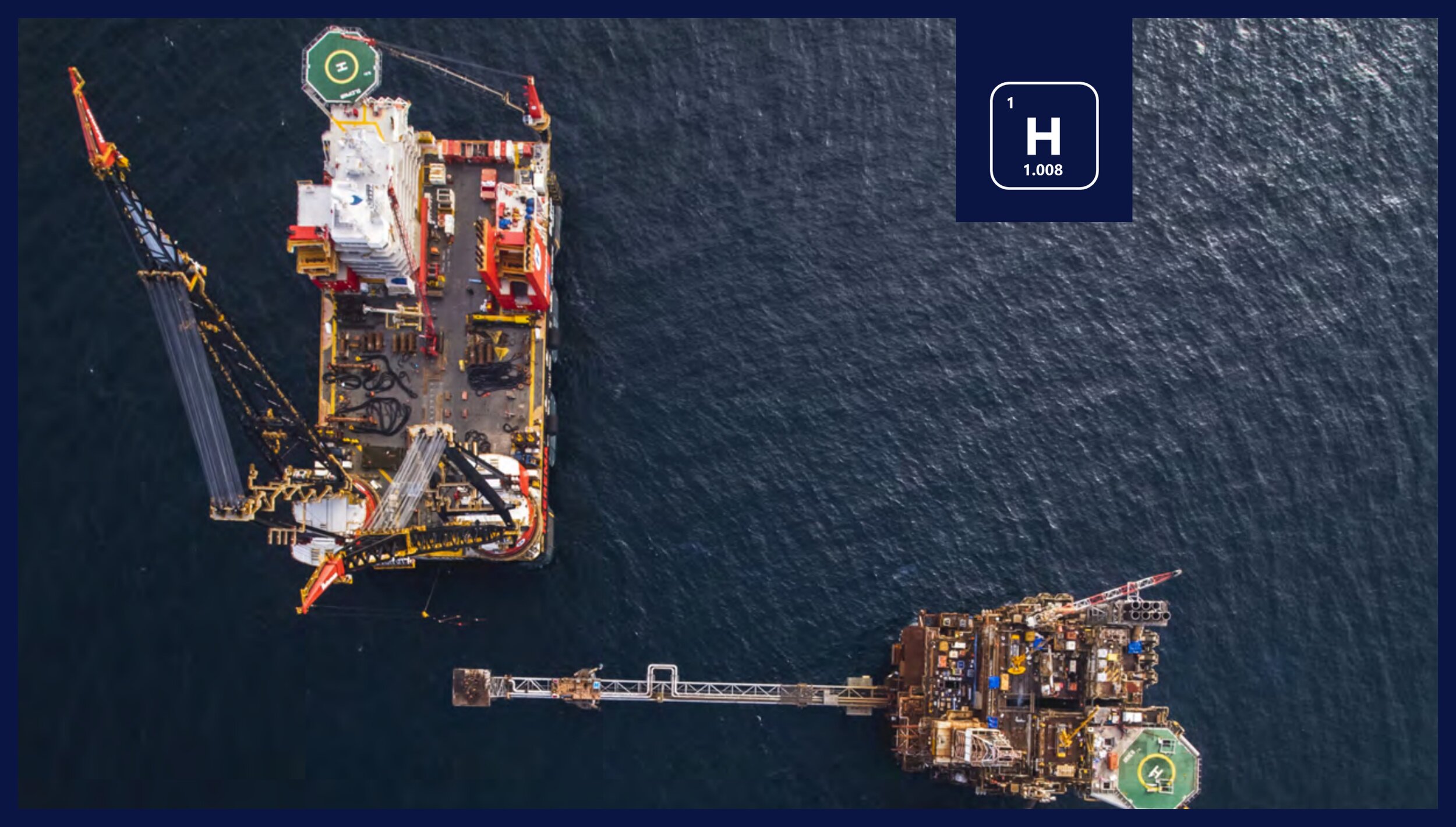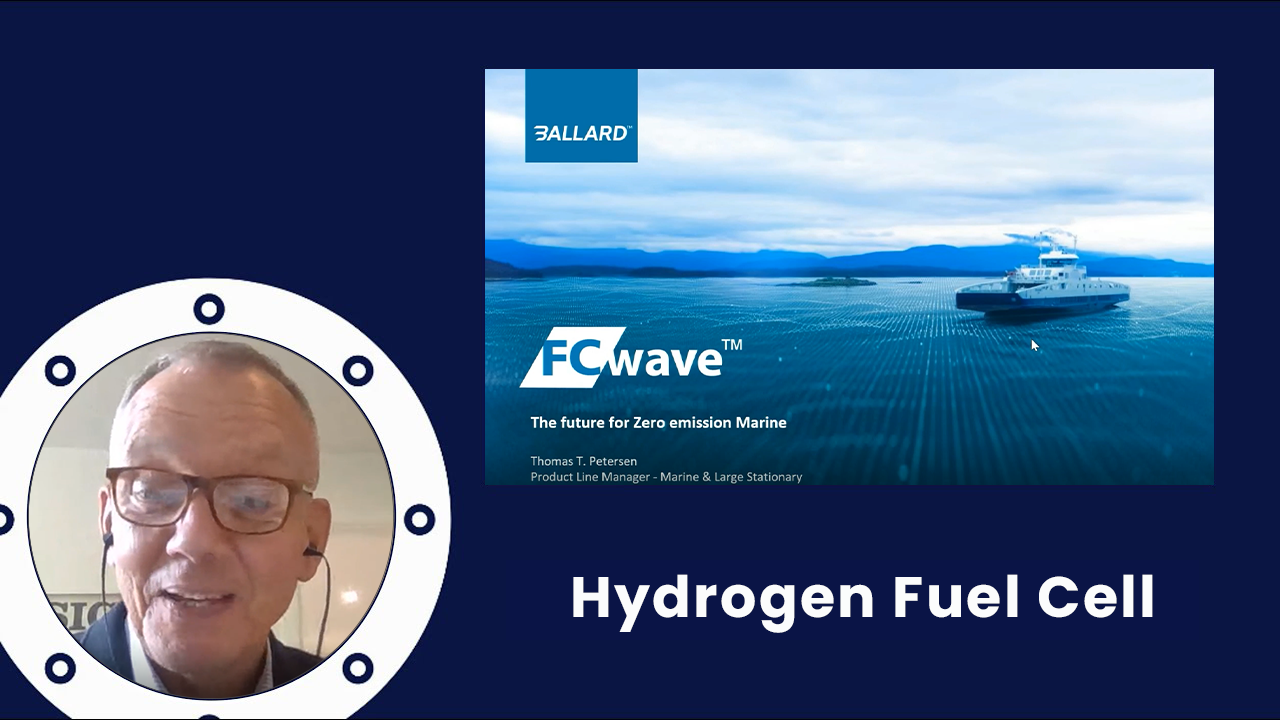Case studies
Illustrative examples on decarbonization measures, costs and regulations
- Alfa Laval
- Alternative Fuels
- Amsterdam
- Arctic
- Arenared
- Asia
- Australia
- Autonomous
- Ballard
- BAM
- Barge
- Batteries
- Battery Hybrid
- Battery Hybrid Single Engine Tool
- Biodiversity
- Biofuels
- Blog
- Bluewater
- BP
- Bulk Carrier
- Carbon Capture
- Case Study
- Cavotec
- CCS
- China
- Clean Shipping Act
- Climeon
- CMA CGM
- Combination Carrier
- Container Ship
- Corvus
- COSCO
- Cruise passenger
- Damen
- Decarbonizer
- Decarbonizer case study
- Digitalization
- Dredging
- Econowind
- Ecospeed
- Electrification
- Energy Major
- Engine
- ENI
- EOPSA
- Equinor
- EU
- Exhaust gas
- FAME
- Feeder
- Fishing
- Flind
- Floating Solar
- Fossil Fuels
- FuelEU
- Full Electric
- Gas Carrier
- GE
- General Cargo
- GoodFuels
- Green Hydrogen
- Hapag-Lloyd
- Harbor Tug
- HBE
- Heerema
- Hull Coating
- Hullvane
- HVO
- Hybrid
- Hydrogen
- IMO
- Industry
- Inland Waterways
- Inland Waterways General Cargo
- Inland Waterways Tanker
- InnovationQuarter
- Japan
- Knutsen
- Kongsberg
- KVNR
- Liquefied Gas Carrier
- LNG Carrier
- LPG Tanker
- Maersk
- Maritime Battery Forum
- Metasorbex
- Methanol
- Microgrids
- Miscellaneous
- Mobilyze
- Movie
- MSC
- Neste
- Netherlands
- North Star
- NorthVolt
- Norway
- NOx
- Ocean Sun
- Offshore
- Offshore Charging
- Offshore Construction Vessel
- Offshore Support Vessel
- Ore Carrier
- Ørsted
- Passenger Ship
- Plastic
- Port / Tugs
- Port of Auckland
- Port of Rotterdam
- Ports
- Project BOEI
- Provincie Zuid-Holland
- Pusher Tug
- Q&A
- QuantumScape
- Recycling
- Rijkswaterstaat
- Ro-Ro Ships
- Rotterdam
- Rules and Regulations
- Semi-Submersible
- SFC
- Shell
- Shipping Company
- Shore Battery
- Shore Power
- Shorelink
- Singapore
- Skoon
- Smart Vessel Optimizer
- Solar PV
- Solid-State Lithium
- Sparky
- Steel
- Stillstrom
- Subsea Industries
- Synthetic Fuel
- Talk with an Expert
- Tanker
- Tanker/Bulk Carrier
- Techbinder
- Techno-Economic Guide for Ship-Based Carbon Capture
- TotalEnergies
- Trailing Hopper Suction Dredger
- Trawler
- US
- Van Oord
- Wärtsilä
- Waste heat recovery
- Wattlab
- Wind
- Wind Power
- Yara
- Zero-Emission Vessel
Hydrogen Powered Propulsion for an Offshore Crane Vessel
This thesis performs a technical, economical and environmental feasibility study of three dense hydrogen carriers as a fuel to power the largest semi-submersible offshore crane vessel in the world – Heerema’s Sleipnir.
FCWave - 200 kW Hydrogen Fuel Cell with Thomas Petersen
Join Thomas Therkild Petersen as he presents the FCWave, a modular 200 kW hydrogen fuel cell for marine purposes made by Ballard. It is the only DNV type approved hydrogen fuel cell on the market. At the size of a large cabinet, it can be directly integrated into most engine rooms without a hitch. Watch this video to gain insights on one of the best hydrogen fuel cell systems available for the maritime industry.
FCWave - 200 kW Hydrogen Fuel Cell
As the world’s first type approved module for marine applications, FCwaveTM uses proven technology from Ballard's heavy duty module platform to deliver reliable performance, high power density and favorable economics.
Which will be the First Hydrogen-Powered Inland Vessel in Rotterdam?
A curious coincidence In Rotterdam. Two vessels - the ‘MS Antonie’ and ‘the Maas’ claim to become ‘the first hydrogen inland vessel’ in Rotterdam. We have translated their claims from two Dutch news outlets and made a comparison which might help you on your hydrogen journey. The race is on for the first hydrogen-powered inland vessel in Rotterdam!
BP and Ørsted launch green hydrogen project at German oil refinery
BP and Ørsted have partnered to develop a zero-carbon hydrogen at BP’s Lingen Refinery in north-west Germany, BP's first full-scale project in a sector that is expected to grow rapidly. The 50 MW electrolyser project is expected to produce 1 ton of hydrogen per hour - almost 9,000 tonnes a year - starting in 2024. The project could be expanded to up to 500 MW at a later stage to replace all of Lingen’s fossil fuel-based hydrogen.
What Is Green Hydrogen And Will It Power The Future?
Hydrogen is a clean-burning molecule, meaning that it can help to decarbonize a range of sectors that have proved hard to clean up in the past. But today, most hydrogen is produced from CO2-emitting fossil fuels. Hydrogen produced from renewable electricity, known as green hydrogen, could be the solution to cutting our carbon footprint. But first, it must overcome a number of challenges.
Making the Impossible Possible
This blog sketches a vision on how to convert the largest crane vessel in the world - Sleipnir - owned by Heerema Marine Contractors, to a zero-emission vessel. Several promising carbon reduction measures are combined which are technically viable and based on matured technology including electrification and BES, solar panels, synthetic fuels, CCS and possibly hydrogen combustion.







